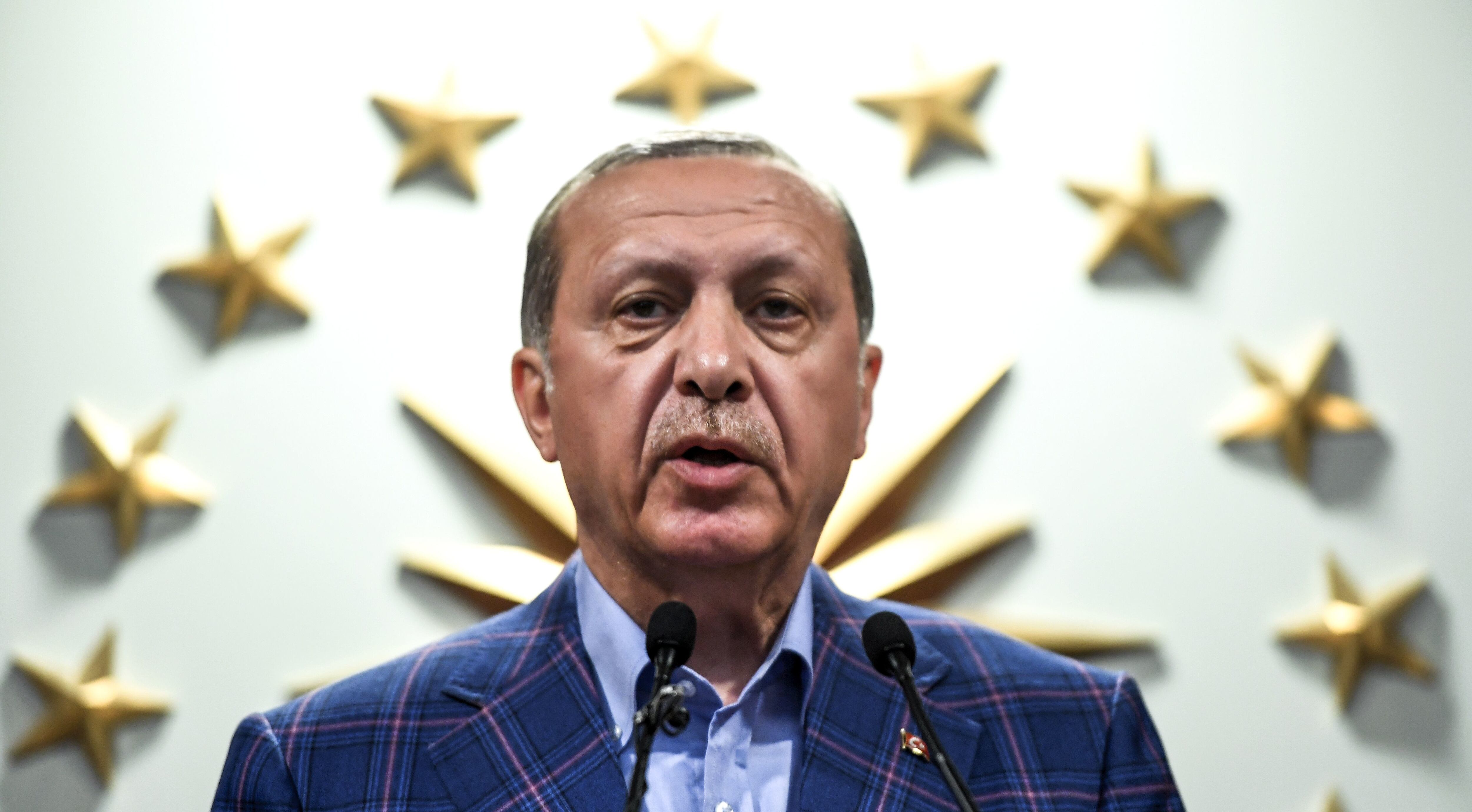WASHINGTON — Amid an ongoing row concerning Turkey’s decision to buy a Russian air defense system, the U.S. State Department has cleared Ankara to purchase a package of Patriot systems, with an estimated price tag of $3.5 billion.
The announcement, posted late Tuesday evening on the website of the Defense Security Cooperation Agency, would cover the procurement of 80 Patriot MIM-104E Guidance Enhanced and 60 PAC-3 Missile Segment Enhancement missiles, as well as associated equipment.
Turkey has twice passed over the Patriot — in 2013 when it chose a Chinese system that it later dropped out of, and in 2017 when it said it finalized the S-400 deal.
RELATED

In both cases, Turkey insisted on a transfer of missile technology regarding the Patriot before it would consider the system, something the U.S. declined to do. The DSCA solicit said industrial offsets of some kind are required with the deal, but “at this time offset agreements are undetermined and will be defined in negotiations between the purchaser and contractors;" whether that offset will include tech transfer remains to be seen.
The S-400 is a major sticking point in the military relationship between the U.S. and Turkey. Pentagon officials and NATO leadership have been vocal that Turkey cannot be allowed to plug the S-400 into allied systems, such as integrating it with the F-35. Turkey is a member of NATO.
The two systems are different in capabilities. The S-400 is a mobile system, designed for deployment behind the lines to protect critical infrastructure, with a very long range. The Patriot, meanwhile, is a medium-range system.
RELATED

A department spokesperson, speaking on background ahead of the announcement, said Turkey “will use Patriot to improve its air and missile defense capability, defend its territorial integrity, and deter regional threats. The proposed sale will increase the defensive capabilities of the Turkish military to guard against hostile aggression and shield NATO allies who might train and operate within Turkey’s borders.”
In addition to the missiles, the package includes four AN/MPQ-65 Radar Sets, four Engagement Control Stations, 10 Antenna Mast Groups, 20 M903 Launching Stations, and five Electrical Power Plant III systems.
As with all DSCA announcements, dollar values and quantities may vary at the end of the day; the Senate must OK a sale before the customer and the U.S. government enter contract negotiations.
Aaron Mehta was deputy editor and senior Pentagon correspondent for Defense News, covering policy, strategy and acquisition at the highest levels of the Defense Department and its international partners.






